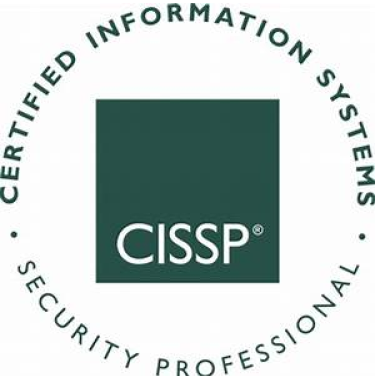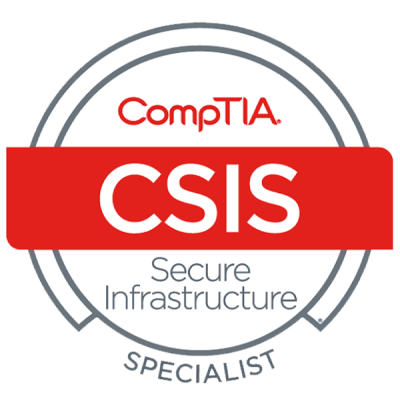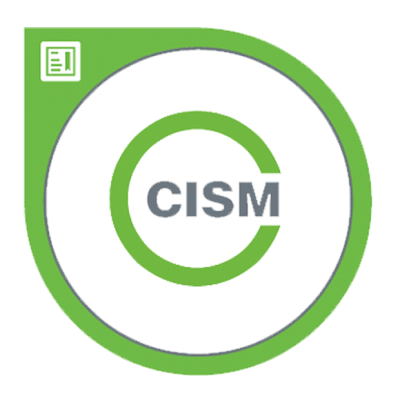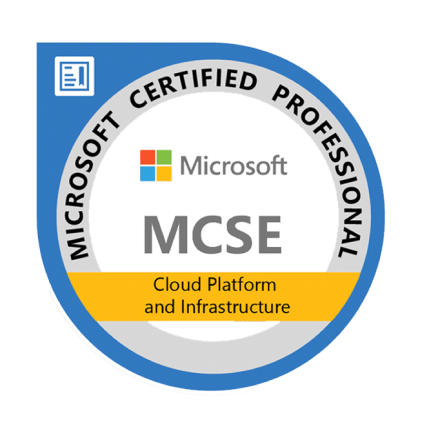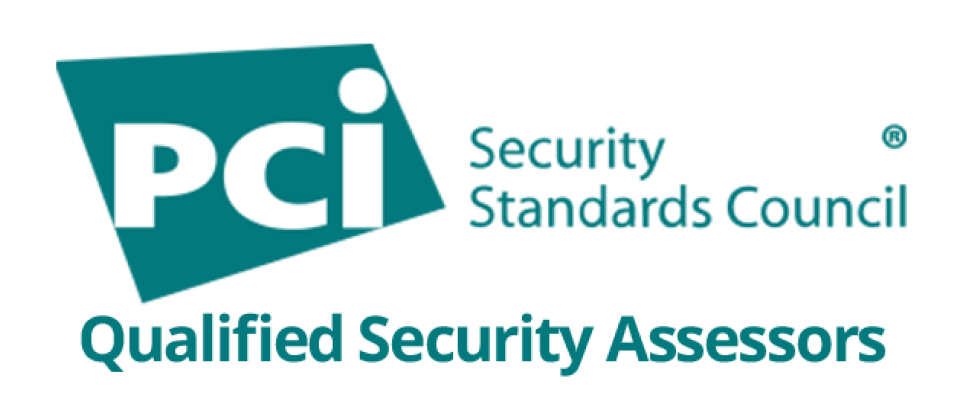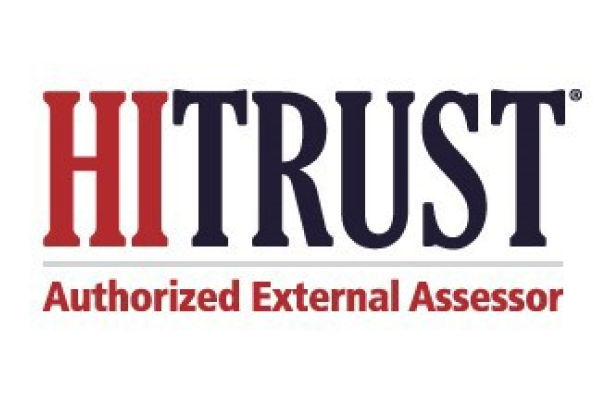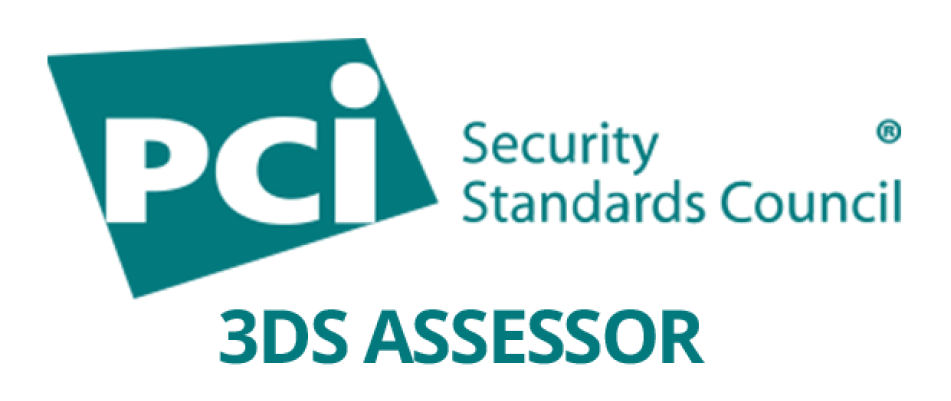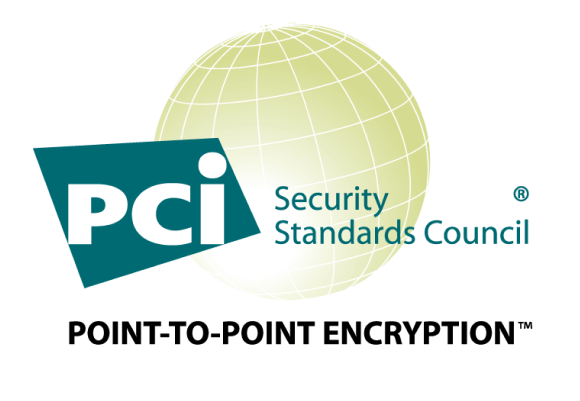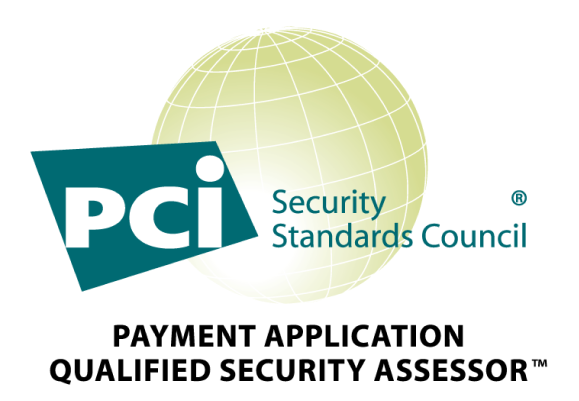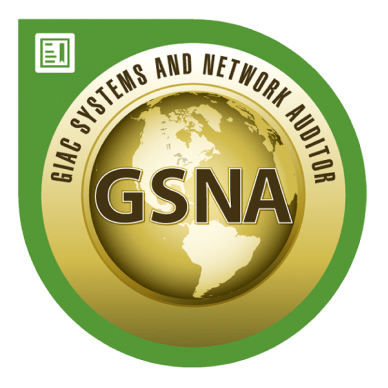Validate that your cloud defenses can withstand evolving threats.
Cloud Penetration Testing
Cloud Penetration Testing: Also known as ethical hacking, cloud penetration testing evaluates security and discovers vulnerabilities by utilizing hacker tools and techniques.
Fix Your Organization’s Greatest Security Weakness
Cloud penetration testing empowers organizations to bolster the security of their cloud environments, prevent avoidable breaches to their systems, and remain compliant with their industry’s regulations. It does this by helping to identify vulnerabilities, risks, and gaps in a security program. The actionable remediation advice it provides allows security teams to prioritize activities and attend to security issues in alignment with their greatest business risks.
OUR APPROACH
Our Cloud Penetration Testing is based on the SANS (SysAdmin, Audit, Network, and Security) framework, which is one of the most widely recognized and well-established security standard. We focus on identifying security vulnerabilities and risks in cloud environments. We have designed our methodology to assess the overall security posture of our client’s cloud infrastructure, applications, and services.
HOW IT WORKS
Cloud Penetration Testing Methodology
MegaplanIT’s penetration testing focuses on identifying security vulnerabilities and risks in cloud environments. It is designed to assess the overall security posture of the client’s cloud infrastructure, applications, and services.

Scoping and Pre-Engagement
It is essential to define the scope of the test, the systems to be tested, as well as the goals to be achieved.

Reconnaissance and Data Collection
MegaplanIT will collect all available data that may exist in your repository to mine for potential targets.

Vulnerability Identification and Discovery
MegaplanIT will leverage traditional network scanning tools or web enumeration tools to interaction with service API to divulge additional information about a target infrastructure.

Vulnerability Identification and Discovery
MegaplanIT will review the identified AWS services and components for known vulnerabilities, misconfigurations, or security weaknesses.

Exploitation and Validation
MegaplanIT will attempt to escalate privileges, pivot within the AWS environment and additionally, identify potential targets.

Reporting and Remediation
MegaplanIT will compile an overall detailed report outlining the vulnerabilities identified, the exploitation techniques used, and the potential impact on the target environment.
Key Benefits
Uncover Hidden Risks in the Cloud with Expert Penetration Testing
Megaplanit’s cloud penetration testing services identify vulnerabilities across your cloud environment, including misconfigurations and access control gaps. Our experts simulate real-world attacks, provide actionable recommendations, and help keep your cloud infrastructure secure, compliant, and resilient against evolving threats.
Improved risk assurances
Enhanced cost savings
Address vulnerabilities early to avoid costly breaches and downtime.
Peace of mind
Rely on expert testing to safeguard sensitive data and critical operations.
Increased compliance
Meet industry and regulatory requirements with confidence.

Make Our Team, Your Team!
Our innovative IT security and compliance solutions are designed to deliver customized, cost-effective service on time—because your priorities are our priorities. With a highly qualified team of PCI DSS QSAs, Penetration Testers, and Information Security Consultants here at MegaplanIT, we will assess your unique company and business environment and design a path to security that will fit all of your needs.






